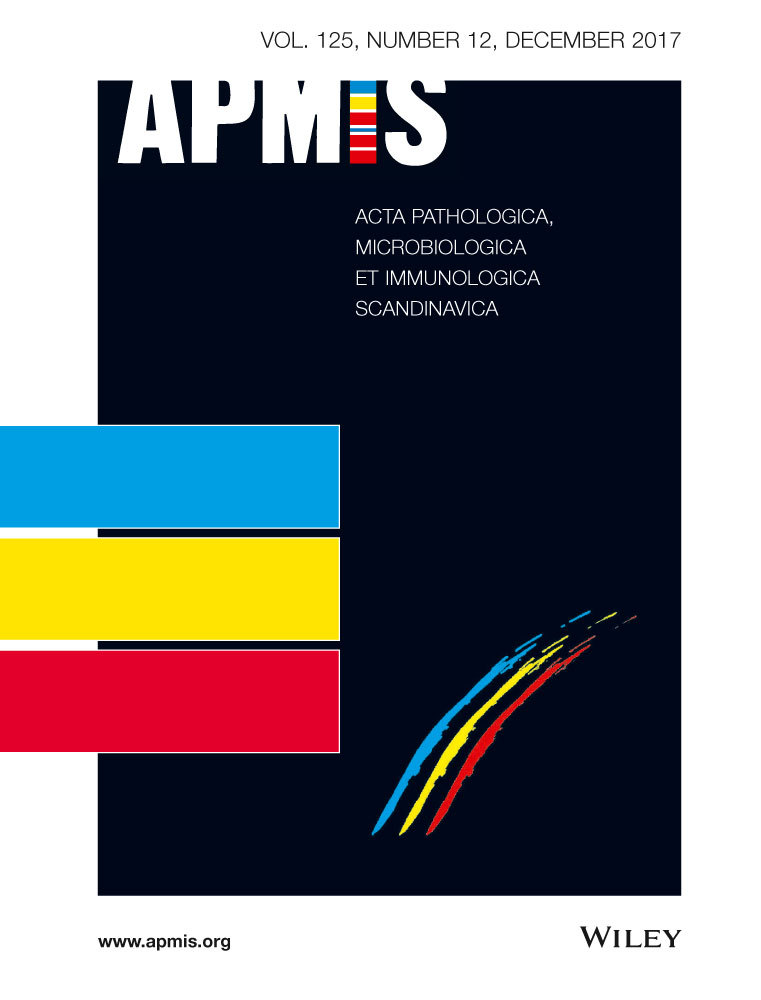Loss of regulatory characteristics in CD4+CD25+/hi T cells induced by impaired transforming growth factor beta secretion in pneumoconiosis
Abstract
Pneumoconiosis is caused by the accumulation of airborne dust in the lung, which stimulates a progressive inflammatory response that ultimately results in lung fibrosis and respiratory failure. It is possible that regulatory cells in the immune system could function to suppress inflammation and possibly slow or reverse disease progression. However, results in this study suggest that in pneumoconiosis patients, the regulatory T cells (Tregs) and B cells are functionally impaired. First, we found that pneumoconiosis patients presented an upregulation of CD4+CD25+ T cells compared to controls, whereas the CD4+CD25+ and CD4+CD25hi T cells were enriched with Th1- and Th17-like cells but not Foxp3-expressing Treg cells and evidenced by significantly higher T-bet, interferon (IFN)-γ, and interleukin (IL)-17 expression but lower Foxp3 and transforming growth factor (TGF)-β expression. Regarding the CD4+CD25hi T-cell subset, the frequency of this cell type in pneumoconiosis patients was significantly reduced compared to controls, together with a reduction in Foxp3 and TGF-β and an enrichment in T-bet, RORγt, IFN-γ, and IL-17. This skewing toward Th1 and Th17 types of inflammation could be driven by monocytes and B cells, since after depleting CD14+ monocytes and CD19+ B cells, the levels of IFN-γ and IL-17 were significantly decreased. Whole peripheral blood mononuclear cells and isolated monocytes and B cells in pneumoconiosis patients also presented reduced capacity of TGF-β secretion. Furthermore, monocytes and B cells from pneumoconiosis patients presented reduced capacity in inducing Foxp3 upregulation, a function that could be rescued by exogenous TGF-β. Together, these data indicated a potential pathway for the progression of pneumoconiosis through a loss of Foxp3+ Treg cells associated with impaired TGF-β secretion.




